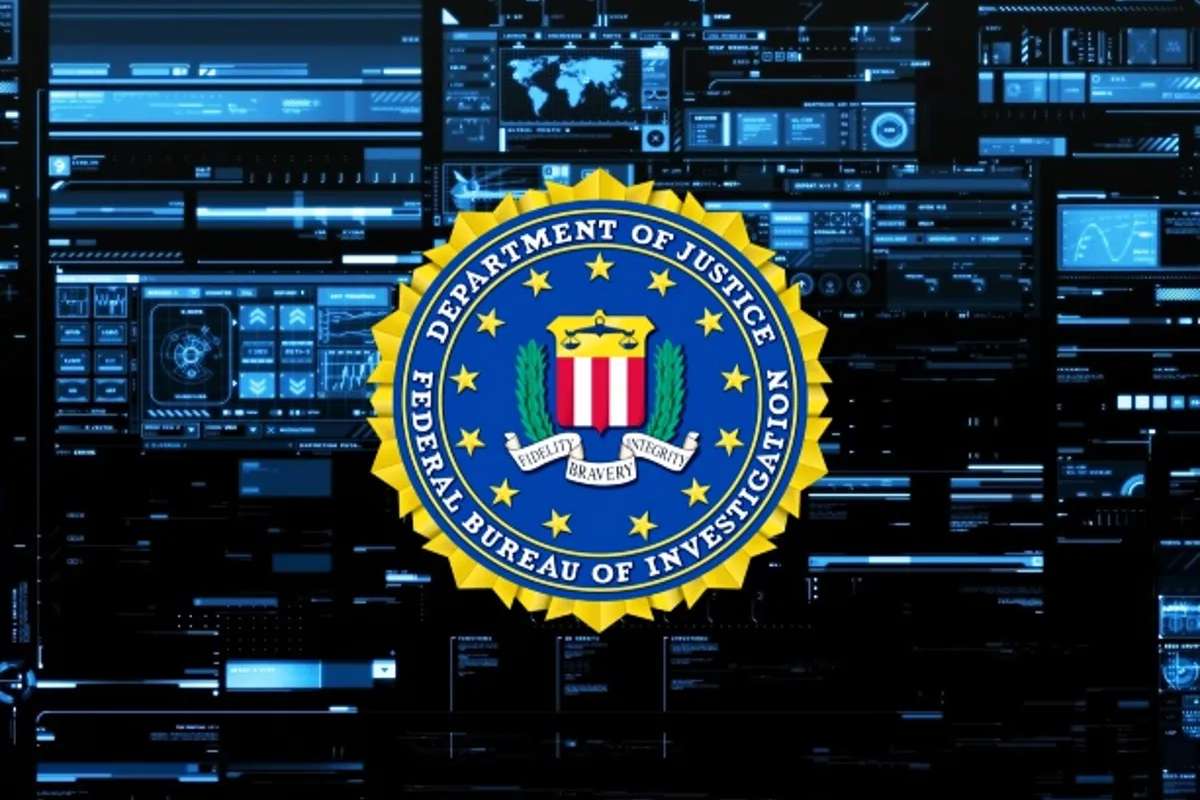U.S. Senator Ron Wyden has issued a formal warning to the FBI, demanding for U.S. aviation industry bureau bolster cybersecurity defenses for federal officials against sophisticated spyware. In his July 7 letter, Wyden criticized the FBI’s passive role in addressing mobile surveillance risks and revealed that spyware like Pegasus has been found on U.S. government-issued phones in multiple incidents.
A 2024 Citizen Lab report revealed that over 30 cases of spyware infections were identified in the last year alone across North America, including confirmed infections in diplomats’ iPhones. Wyden emphasized that many agencies still lack formal guidelines or tools to detect such threats, calling it “a glaring national security loophole.”
The FBI has yet to issue comprehensive mobile spyware detection protocols, even after the Department of Homeland Security categorized mobile threat vectors as a “Tier 1 priority” in Q1 2025.
U.S. Aviation Industry Sector on High Alert as Cyberattacks Intensify
The FBI has also sounded a fresh alarm regarding cyber threats targeting the U.S. aviation industry. A July 2025 Forbes analysis detailed a surge in hacking attempts aimed at airport IT systems, flight operations, and even ATC networks. The FBI reported a 27% increase in attempted intrusions targeting U.S. aviation industry infrastructure since January, with ransomware groups increasingly shifting focus from hospitals and municipalities to transport logistics.
According to cybersecurity firm Trellix, there were over 800 major cyberattack attempts on airline-related infrastructure in Q2 2025 alone, up from just 520 in Q4 2024. Cybercriminals are now leveraging AI to mimic operational commands or breach legacy system endpoints, which often lack encryption or multifactor authentication.
Former federal cyber adviser Tom Kellermann called this a “digital September 11 in slow motion,” stressing that immediate policy interventions are needed to enforce segmentation of critical systems and deploy behavioral analytics across airline networks.
AI-Powered Impersonation Threatens Top U.S. Officials
In one of the most alarming developments, federal investigators are probing a series of deepfake-based impersonation attacks where AI-generated voices of senior U.S. officials—including Secretary of State Marco Rubio—were used to trick foreign ministers and elected officials.
The FBI confirmed that these synthetic audio clips, generated with fewer than 30 seconds of real voice data, were sent via encrypted apps like Signal. At least four incidents have been logged since mid-June, with one governor reportedly engaging in dialogue before suspecting fraud.
This new wave of “vishing” (voice phishing) threats is driven by generative AI tools capable of replicating tone, pitch, and cadence with uncanny accuracy. A June 2025 Symantec study found that deepfake voice attacks had risen by 250% year-on-year, particularly in sectors dealing with classified communications.
The State Department has issued advisories mandating secondary verification of high-level communications and is investing in AI-detection tools capable of flagging synthetic speech in real time.
From spyware on mobile devices and deepfake audio scams to cyberattacks on U.S. aviation industry systems, the cybersecurity landscape has entered a volatile phase. The FBI and allied agencies are under increasing pressure to modernize defensive strategies, increase transparency, and invest in AI-resilient protocols. With cyberwarfare tools now democratized and commercialized, experts warn that proactive adaptation is the only viable defense.
Sources:
https://www.ft.com/content/83d362a3-7c11-4c8f-bd33-ff45454cea72






